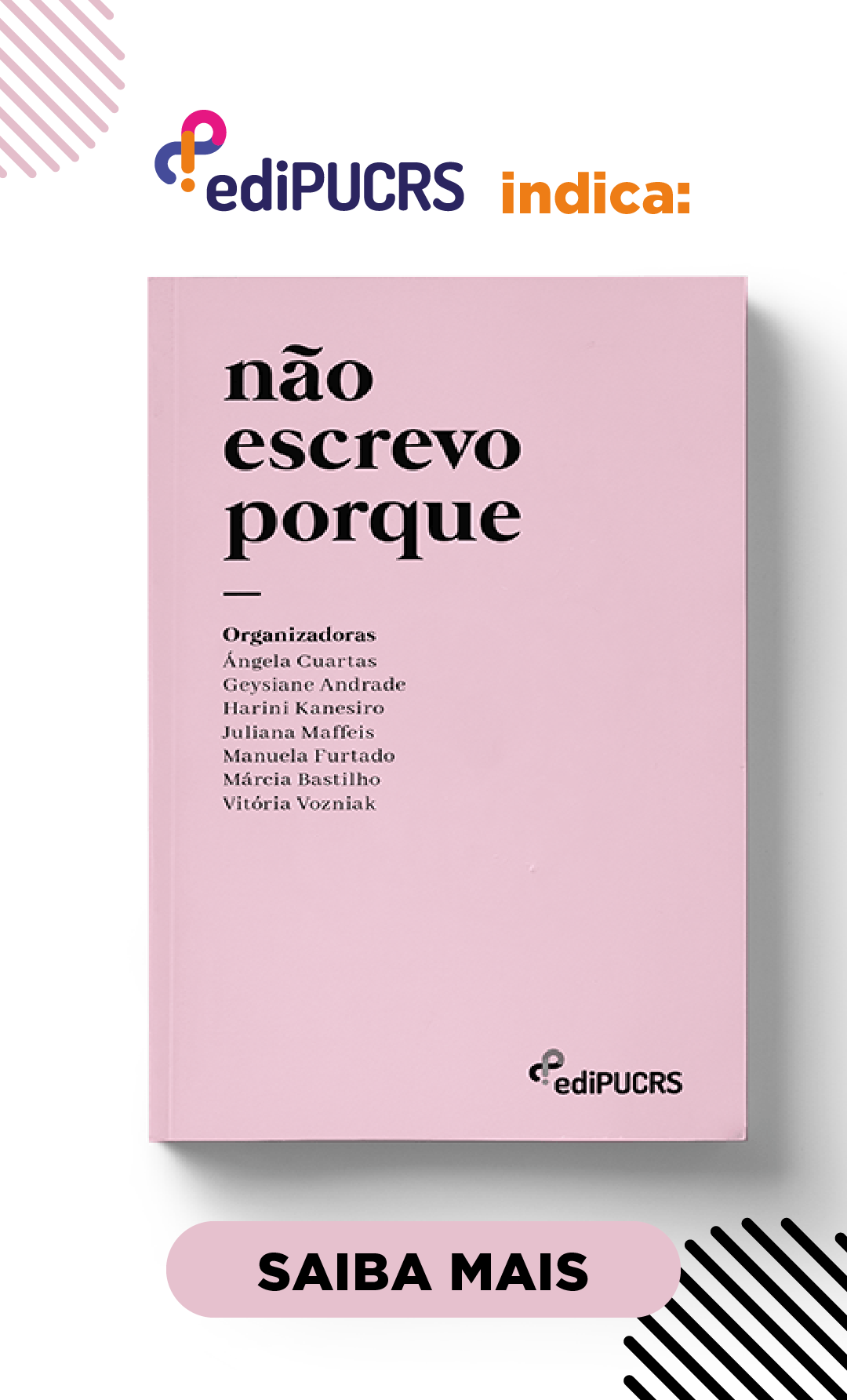Ideas for integrating meaningful immediate repetition tasks in the English as an additional language classroom: promoting fluency
DOI:
https://doi.org/10.15448/2178-3640.2019.2.32988Palavras-chave:
Task-based language teaching, task repetition, oral task, learner learner interaction, English as an additional language.Resumo
Although repetition is at the core of many different approaches to language learning, either implicitly or not, using this pedagogic practice in the additional language classroom is still negatively perceived by some teachers (Bygate and Samuda, 2005). For contemporary research, on the other hand, the use of repetition is not incongruous with communicative additional language teaching approaches that bring the use of tasks to the forefront. The use of immediate repeated tasks can benefit learners because it allows the possibility of repeating slightly altered tasks in a meaningful way. Bearing this in mind, this paper describes three immediate repetition tasks that focus on the speaking skill aiming at developing both fluency and accuracy. All are inherently suited for the additional language classroom and can be easily adapted to better suit specific contexts.
***Ideias para integrar a repetição imediata de tarefas de forma significativa na aula de inglês como língua adicional: promoção da fluência***
Embora a repetição seja parte central de diversas distintas abordagens no aprendizado de línguas, implicitamente ou não, o uso dessa prática pedagógica na aula de língua adicional ainda é percebido de forma negativa por alguns professores (Bygate e Samuda, 2005). Por outro lado, em pesquisas contemporâneas, o uso da repetição não é contrário às abordagens comunicativas de ensino de línguas adicionais que privilegiam o uso de tarefas. Usar tarefas com repetição imediata pode vir a beneficiar o/a aprendiz ao permitir a possibilidade de repetir a tarefa parcialmente modificada de maneira significativa. Tendo isso em vista, são apresentadas três tarefas com repetição imediata que focam a habilidade oral com vistas a desenvolver tanto fluência quanto a acurácia. Essas tarefas são, por natureza, adequadas à sala de aula de língua adicional e podem ser facilmente adaptadas para atender contextos específicos.
PALAVRAS-CHAVE: Ensino baseado em tarefas; repetição de tarefa; tarefa oral; interação entre aprendizes; inglês como língua adicional.
Downloads
Referências
Ahmadian, Mohammad J. & Tavakoli, Mansoor. 2011. The effects of simultaneous use of careful online and task repetition on accuracy, complexity, and fluency in EFL learners’ oral production. Language Teaching Research, 15 (1), p. 35-59. https://doi.org/10.1177/1362168810383329
Bei, Gavin X. 2013. Effects of immediate repetition in L2 speaking tasks: a focused study. English Language Teaching, 6 (1), p. 11-19. http://dx.doi.org/10.5539/elt.v6n1p11
Bygate, Martin. 2001. Effects of task repetition on the structure and control of oral language. In Bygate, M,. P. Skehan and M. Swain ed. Researching pedagogic tasks – second language learning and testing. Harlow: Longman. https://doi.org/10.4324/9781315838267
Bygate, Martin & Samuda, Virginia. 2005. Integrative planning through the use of task repetition. In Rod Ellis (ed.) Planning and Task Performance in Second Language. Amsterdam: John Benjamins, p. 37-74. https://doi.org/10.1075/lllt.11.05byg
Côelho, Fabrício Mateus. (2017). It bears repeating: the effects of immediate repetition on learners’ L2 performance in a poster carrousel task. (Unpublished Masters thesis). Universidade Federal de Santa
Catarina, Florianópolis, Brazil. https://repositorio.ufsc.br/xmlui/handle/123456789/181603.
Duffy, Gerald. G. & Roehler, Laura. R. 1989. Why strategy instruction is so difficult and what we need to do about it. In: Mccormick, Christine. B.; Miller, Gloria E. & Pressley, Michael. (ed.) Cognitive strategy research: From basic research to educational applications. New York: Springer Verlag, pg. 133-154. https://doi.org/10.1007/978-1-4613-8838-8_6
Ellis, Rod. 2003. Task-based Language Learning and Teaching. Oxford, New York: Oxford Applied Linguistics.
Ellis, Rod. 2005. Instructed Second Language Acquisition: A Literature Review. Auckland UniServices Limited. Auckland: New Zealand.
Koponen, Matti & Riggenbach, Heidi. 2000. Overview: Varying perspectives on fluency. In: Riggenbach, H. (Ed.), Perspectives on fluency. Ann Arbor, MI: The University of Michigan Press, pg. 5-24. https://doi.org/10.3998/mpub.16109
Larsen-Freeman, Diane. 2012. On the roles of repetition in language teaching and learning. Applied Linguistics Review. 3 (2), pg. 195 – 210. https://doi.org/10.1515/applirev-2012-0009.
Long, Michael. H. 1996. The role of the linguistic environment in second language acquisition. In W. C. Ritchie, & T. K. Bahtia (ed.), Handbook of second language acquisition. New York: Academic Press, pg. 413-468.
Lynch, Tony & Maclean, Joan. 2000. Exploring the benefits of repetition and recycling of a classroom task. Language Teaching Research, 4 (3), pg. 221-250. https://doi.org/10.1177/136216880000400303
Lynch, Tony & Maclean Joan. 2001. A case of exercising: effects of immediate task repetition on learners’ performance. In Bygate, Martin; Skehan, Peter & Swain, Merrill (ed.) Researching Pedagogic Tasks: Second Language Learning, Teaching and Testing, pg. 141-162. Addison Wesley Longman. https://doi.org/10.4324/9781315838267
Moiseenko, Veronika. 2015. Encouraging learners to create language-learning materials. English Teaching Forum, 53 (4), pg. 14-23.
Oxford, Rebecca L. 2006. Task-based language teaching and learning: An overview. Asian EFL Journal, 8(3), pg. 94-121.
Pegrum, Mark A. 2000. The Outside World as an extension of the EFL/ESL Classroom. The Internet TESOL Journal, 6 (8).
Saraceni, Mario. 2009. Relocating English: towards a new paradigm for English in the world. Language and Intercultural Communication, 9 (3), pg. 175-186. https://doi.org/10.1080/14708470902748830
Schmidt, Richard. 2001. Attention. In Robinson, P. (ed.) Cognition and second language instruction. Cambridge University Press, pg. 3-32. Skehan, Peter. 2003. Task-based Instruction. Cambridge: Cambridge University Press.
Zaccaron, Rafael. 2018. Again and Again. Domínios De Lingu@gem, 12 (3), pg. 1401-1427. https://doi.org/10.14393/DL35-v12n3a2018-2
Downloads
Publicado
Como Citar
Edição
Seção
Licença
Copyright (c) 2020 BELT - Brazilian English Language Teaching Journal

Este trabalho está licenciado sob uma licença Creative Commons Attribution 4.0 International License.
Direitos Autorais
A submissão de originais para a BELT - Brazilian English Language Teaching Journal implica na transferência, pelos autores, dos direitos de publicação. Os direitos autorais para os artigos publicados nesta revista são do autor, com direitos da revista sobre a primeira publicação. Os autores somente poderão utilizar os mesmos resultados em outras publicações indicando claramente a BELT - Brazilian English Language Teaching Journal como o meio da publicação original.
Licença Creative Commons
Exceto onde especificado diferentemente, aplicam-se à matéria publicada neste periódico os termos de uma licença Creative Commons Atribuição 4.0 Internacional, que permite o uso irrestrito, a distribuição e a reprodução em qualquer meio desde que a publicação original seja corretamente citada.





